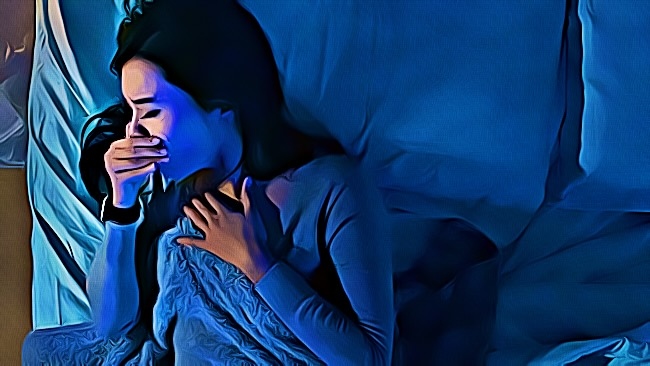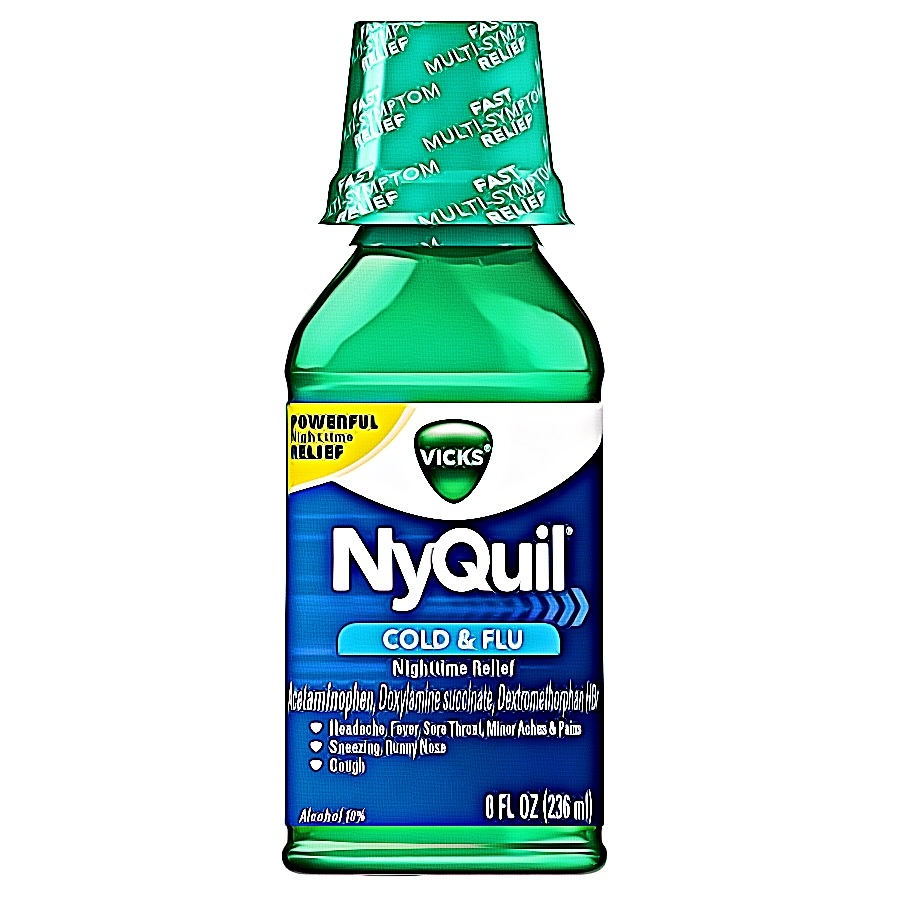Here’s What You Have to Know About NyQuil Addiction
Addictions include alcohol and drug abuse, as well as gambling. Along with the negative effects and outcomes of these for one’s physical and mental health, are the feelings of momentary euphoria, excitement, and anticipation. Thus, while an individual is addicted to a certain substance, they may not even notice it due to the fleeting “high” that they experience.
One type of addiction you may be unaware of is NyQuil addiction or NyQuil dependency. NyQuil is a well-known antihistamine that is used to treat flu and relieve an individual of common cold symptoms. However, its regular use may cause adverse effects that everyone should know about today.
Determine what you can do to help yourself or a loved one recover from a NyQuil addiction. Read on to learn and discover what you have to know about NyQuil addiction and NyQuil dependency.
Learning Everything about NyQuil
NyQuil is a nonprescription medication used to treat the flu, colds, and allergies. The product is manufactured and sold by Vicks, a multinational pharmaceutical company based in the United States. NyQuil does not provide long-term relief. It also aids in the sleep of those suffering from colds. It relieves cold symptoms temporarily but does not cure the common cold or flu. NyQuil is widely regarded as a safe and effective pain reliever for adults and children over the age of six.
NyQuil contains the active ingredients acetaminophen, dextromethorphan (DXM), and doxylamine. Dextromethorphan suppresses coughing, whereas doxylamine is an antihistamine that relieves congestion, sneezing, and sore throat. Although doxylamine promotes sleep, it can make you drowsy during the day.
DayQuil, a similar medication used to treat colds without causing sleepiness at work, is also manufactured and sold by Vicks. The mechanism of action of DayQuil is similar to that of NyQuil. This product contains acetaminophen and dextromethorphan but not doxylamine. It contains phenylephrine, a non-sedating decongestant for the nasal passages.
The Addictive Properties of NyQuil
While not everyone becomes addicted to NyQuil, some do so in order to get high. In high doses, dextromethorphan (DXM) in NyQuil can cause mental changes (or brain damage).
DXM effectively suppresses coughing when taken in small doses. The abuse of this substance or chemical can cause cognitive impairment, euphoria, and hallucinations.
How People Misuse NyQuil
Teenagers and young adults may take large doses of NyQuil to “trip,” or experience effects similar to other mind-altering drugs like a famous psychedelic, LSD. Many people prefer NyQuil to illegal drugs with similar effects due to the ease with which it can be obtained and the fact that it is legal. However, we must remember that NyQuil is not organic or freshly grown in a garden–it is still a lab-manufactured product.
Other people who have trouble sleeping may become addicted to NyQuil. They may take too much NyQuil at once or too frequently to help them sleep.
While NyQuil appears to be safe, high doses can cause liver damage, heart attacks, or seizures. Some people have died as a result of overdosing on NyQuil, and for many, it has become a lifelong addiction. This is why it’s important that we discuss this matter today and be able to share new knowledge and information with family and friends.
The Adverse Reactions NyQuil
The majority of NyQuil side effects are minor and do not necessitate medical attention. After all, NyQuil is actually completely safe when used as directed. However, when the use of this substance is unregulated, individuals may experience its adverse reactions or side effects.
Its side effects include experiencing a hazy vision, dizziness, extreme drowsiness, dryness of the mouth, nose, throat, lightheadedness, nausea and vomiting tendencies, nervousness and elation (not necessarily at the same time), as well as stomach pains.
As such, simply follow the directions on the bottle and avoid taking too much NyQuil. Acetaminophen, which is present in NyQuil, has the potential to cause unconsciousness or liver damage. Moreover, NyQuil should not be taken with an antidepressant or another acetaminophen-containing medication. If you are taking any other medications, consult your doctor before taking NyQuil.
Furthermore, NyQuil may cause an allergic reaction. If you are allergic to NyQuil, you may experience hives, facial and throat swelling, as well as swelling of the mouth.
The Addiction or Abuse Symptoms Using NyQuil
There may be several signs that you or someone you know is addicted to NyQuil. By now it is also worth noting that medication dependence is a common symptom of addiction. Addiction to NyQuil frequently necessitates the assistance of a professional.
People who have strong cravings for more NyQuil or who rely on it to fall asleep may be addicted. Such red flags for this type of situation include sudden depression, anxiety, or agitation.
While NyQuil can help you sleep, addicts may suffer from insomnia especially when they stop using NyQuil altogether. Common withdrawal symptoms include chills, tremors, blurred vision, stomach pain, and nausea.

The Withdrawal Process of NyQuil Addiction
While withdrawal from NyQuil is far less dangerous than withdrawal from alcohol or opioids, it can still be harmful to your health.
When a person can’t sleep without NyQuil, even if they aren’t sick, they have developed an addiction. When reintroducing NyQuil to the medicine cabinet causes withdrawal symptoms, it has progressed to addiction. Although addictions to alcohol, opioids, and dangerous stimulants like cocaine and methamphetamine can cause withdrawal symptoms, addictions to commonly prescribed medications can as well.
Withdrawal symptoms include an intense craving for NyQuil, anxiety and agitation, insomnia or trouble sleeping, chills and tremors, nausea, and abdominal pain.
Withdrawal symptoms can make it difficult to break free from a NyQuil addiction. Fortunately, medical help is available to help people manage withdrawal symptoms, and severe NyQuil or other drug dependence can be overcome through medically supervised detox and therapy in a rehab facility.
The Treatment for NyQuil Addiction
When used as directed to treat a cold or flu, NyQuil should not be harmful to your health. To reclaim your life if you use NyQuil to get high or sleep, you must seek appropriate NyQuil addiction treatment.
Simply stopping using NyQuil may be enough to break your addiction. Others will need the help of a professional or a detox and rehabilitation facility.
To ensure the patient’s safety, the withdrawal process from NyQuil should be closely monitored. Medical detox is a safe way to get rid of an addictive substance from your body.
Following detox, there are several options for assisting a NyQuil addict. Cognitive-behavioral therapy can help people develop the ability to resist the desire to abuse medications.
Individual and group therapy can also help those who are addicted to NyQuil. Many people find that private sessions with a therapist help them overcome their addiction and live a healthier, happier life. Group therapy, on the other hand, can help addicts feel less isolated and gain the necessary peer support.
Conclusion
You may be surprised to know that something that seems harmless such as NyQuil could actually affect you or a loved one. Now that you’re more knowledgeable about what to look out for when it comes to this substance, you can look out for your friends and family as well. Simply keep this in mind for the next time you feel the common cold coming your way. If anything, there are more natural alternatives that could help you regain your immunity.

